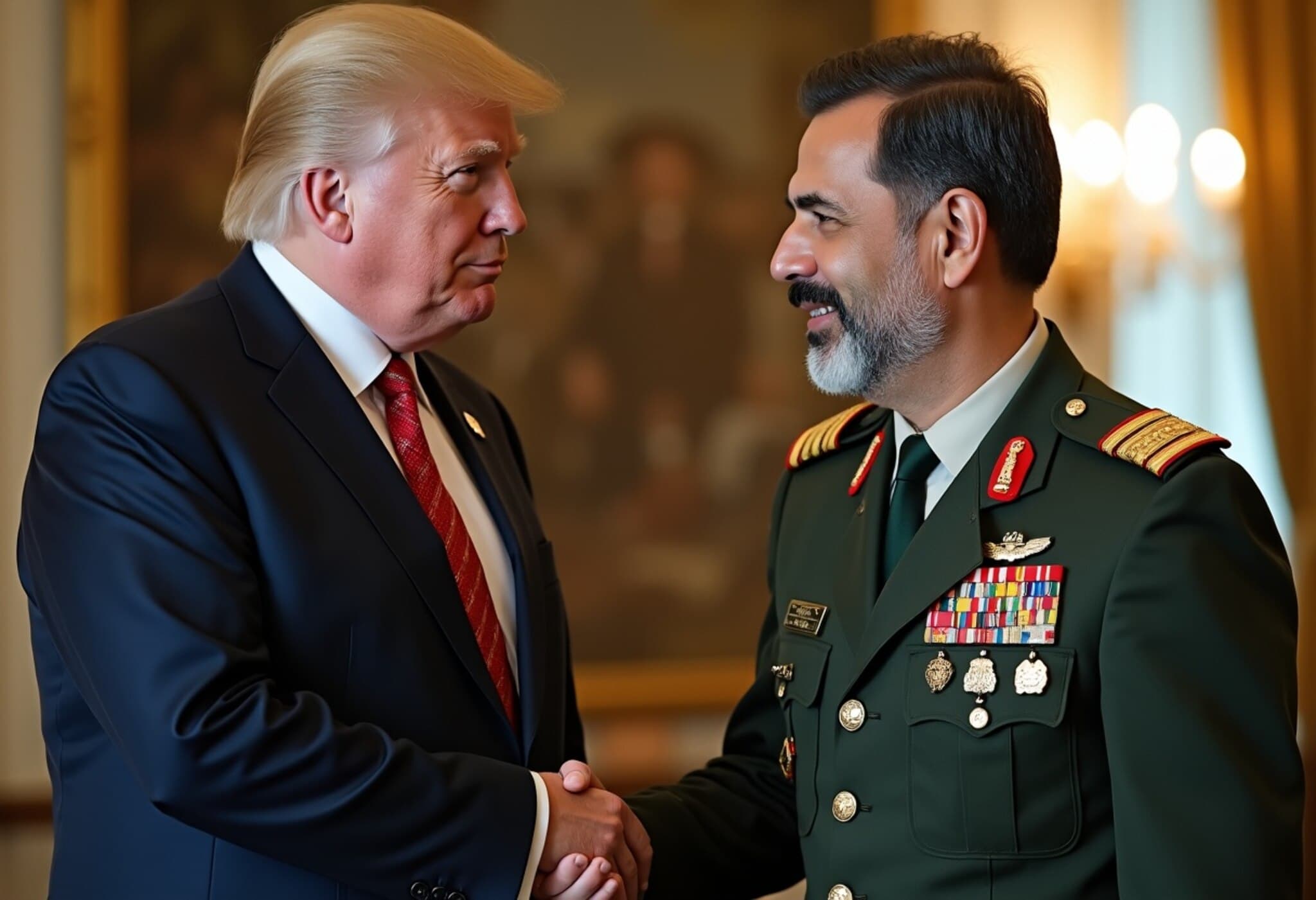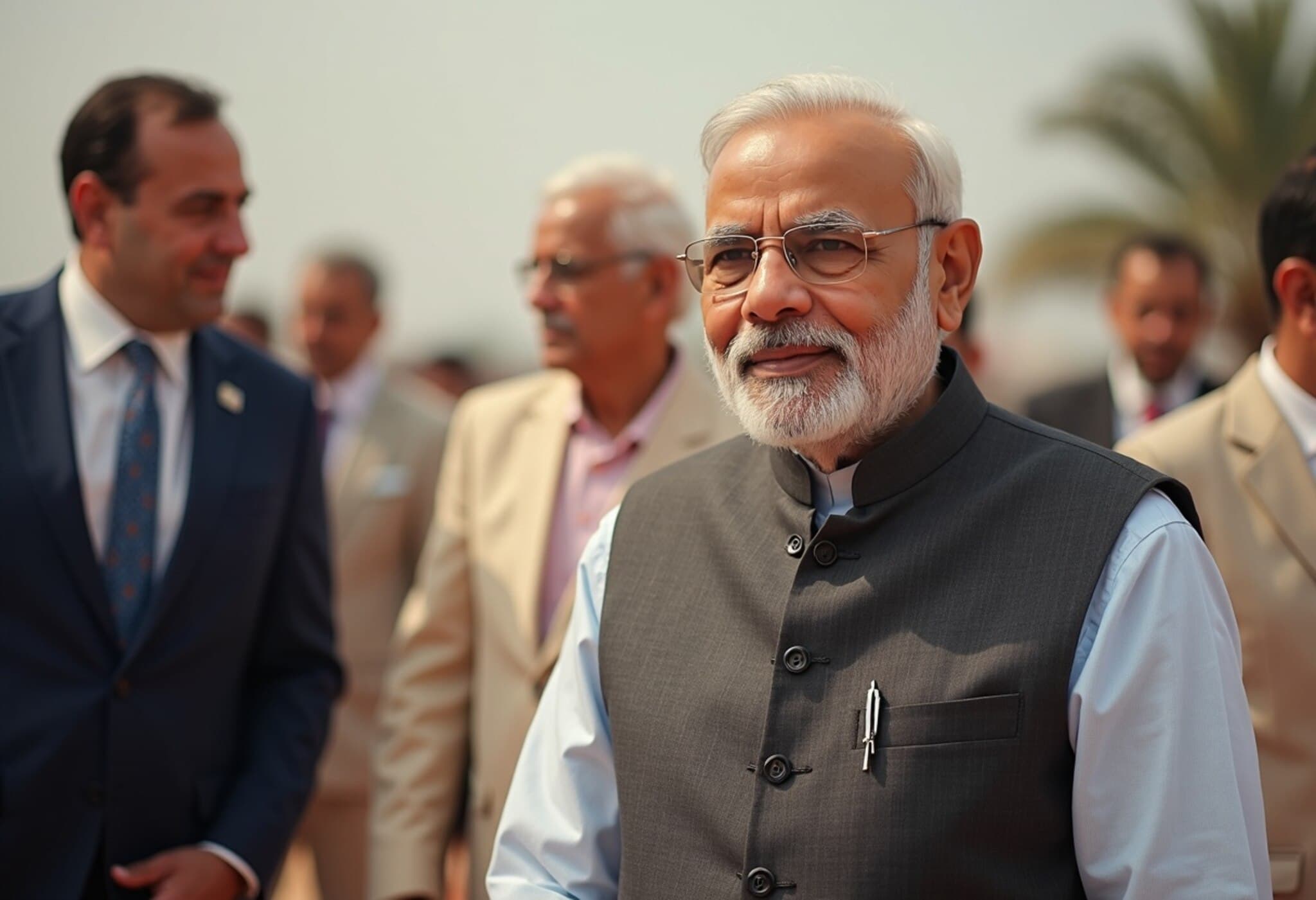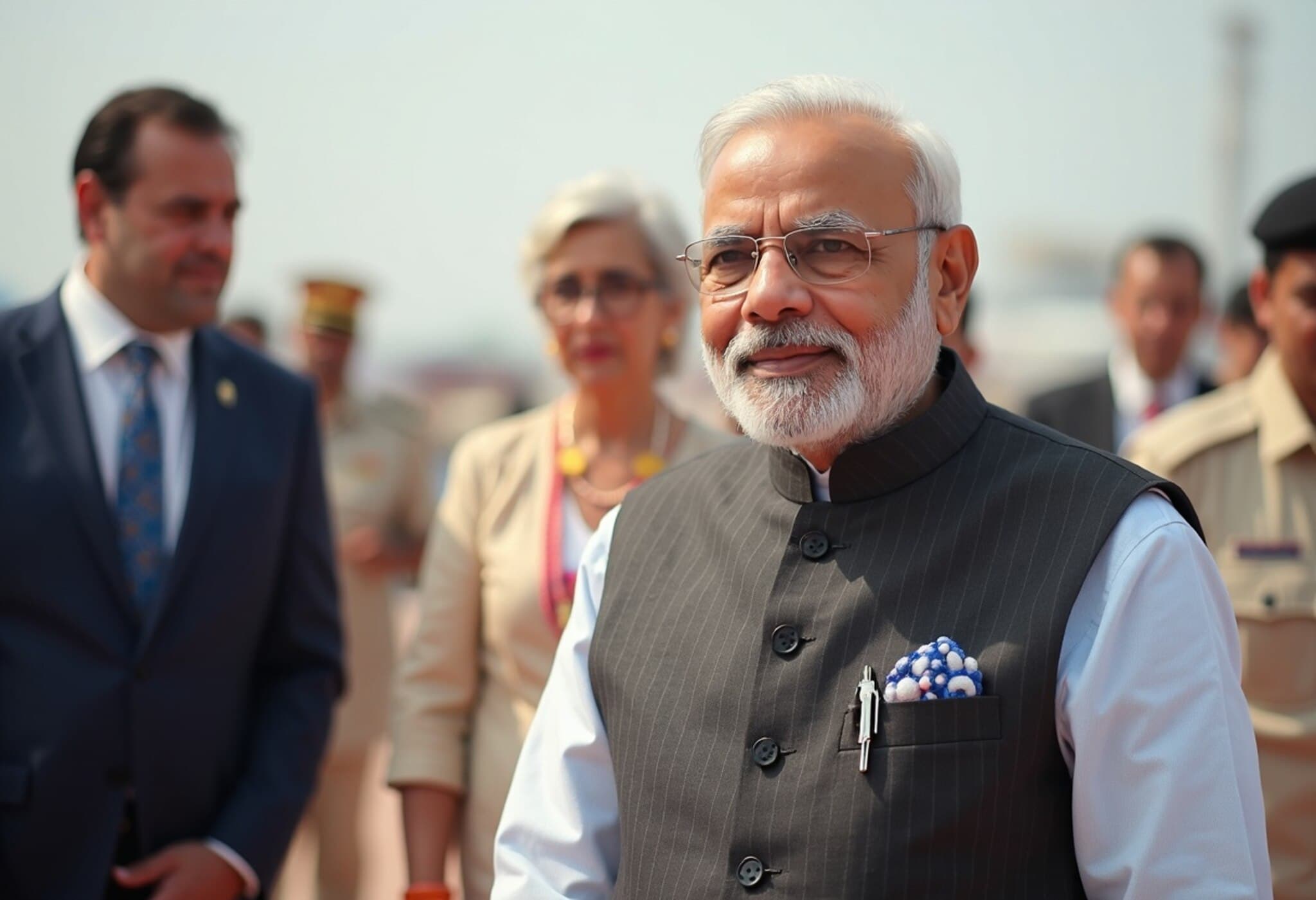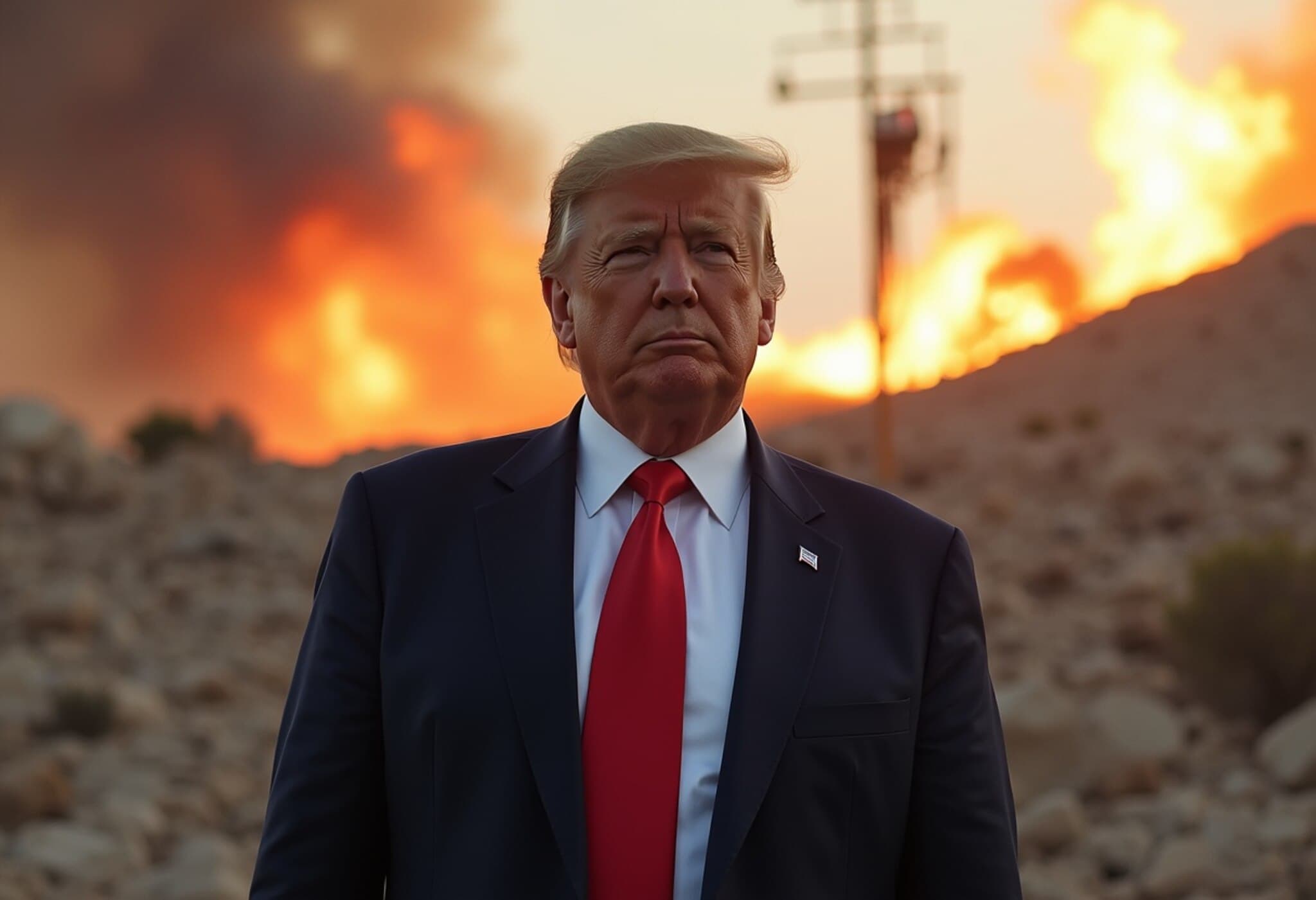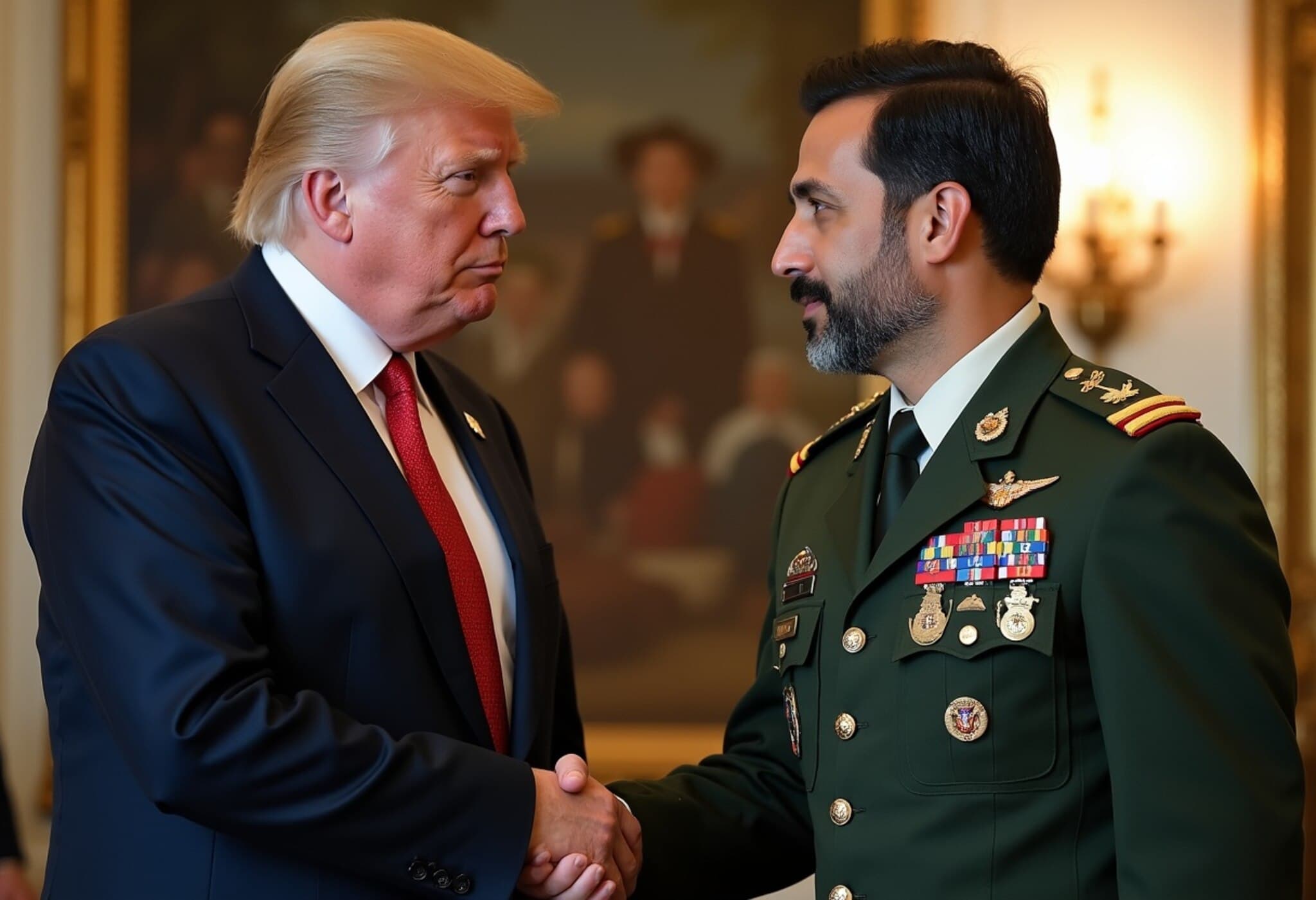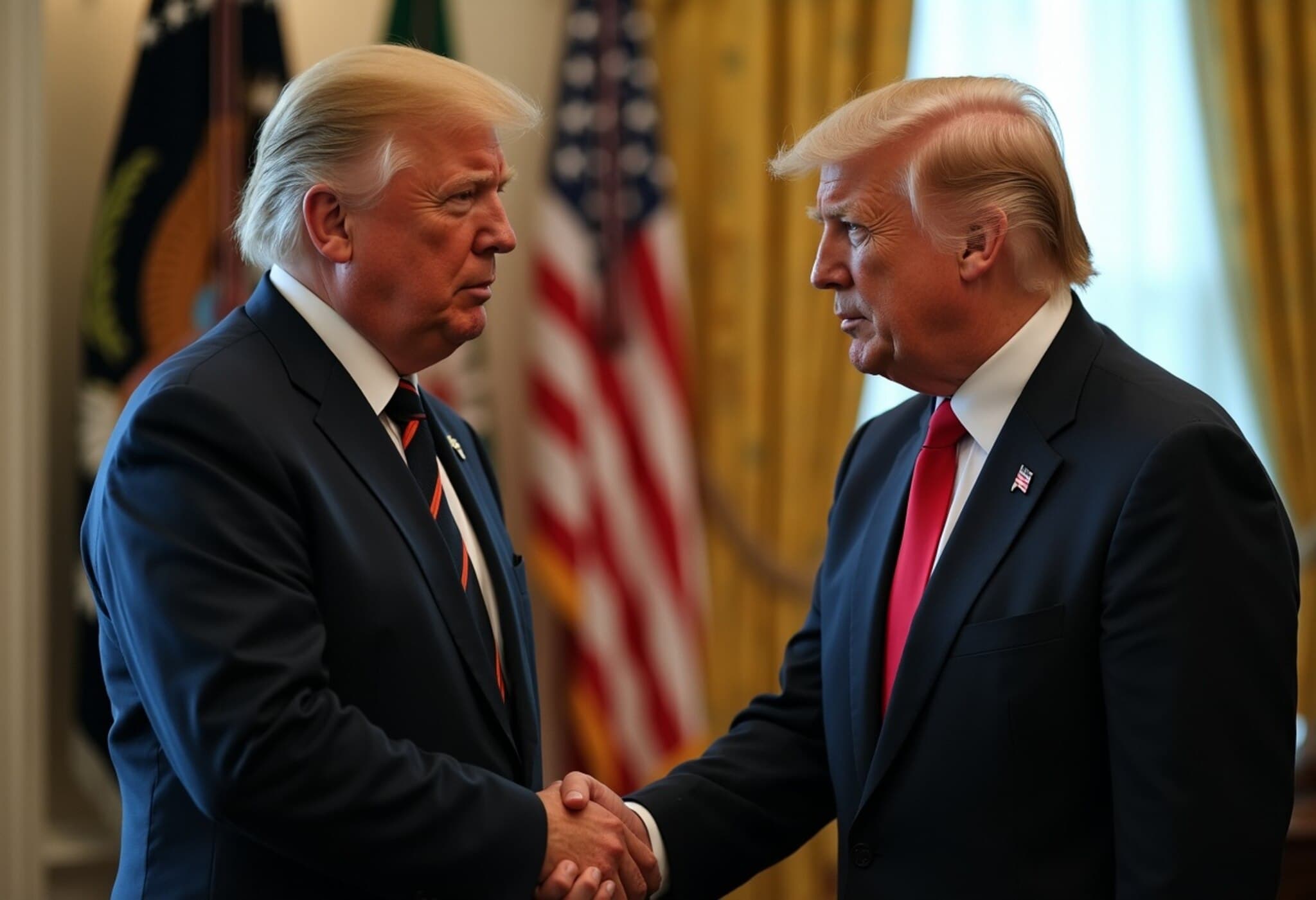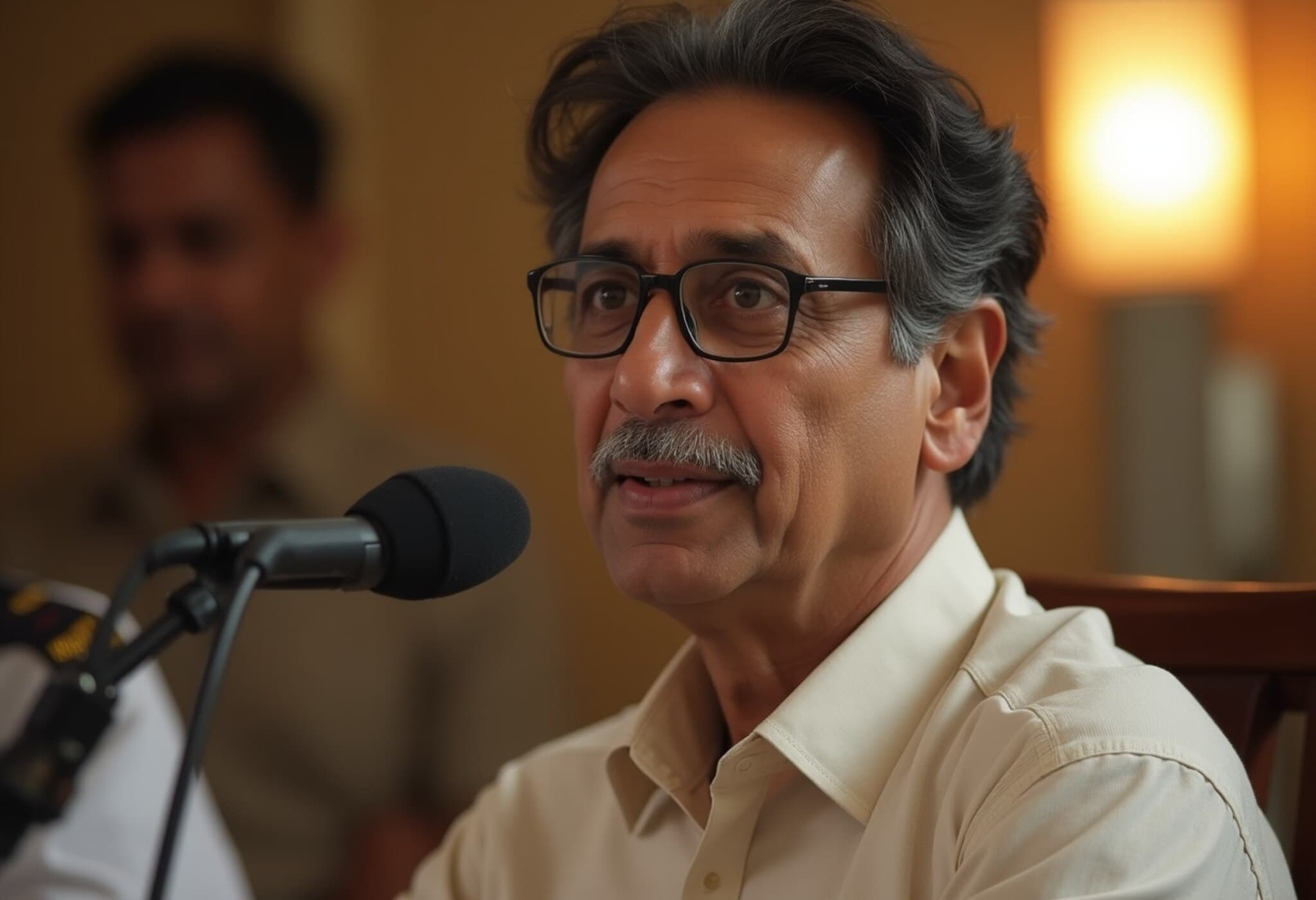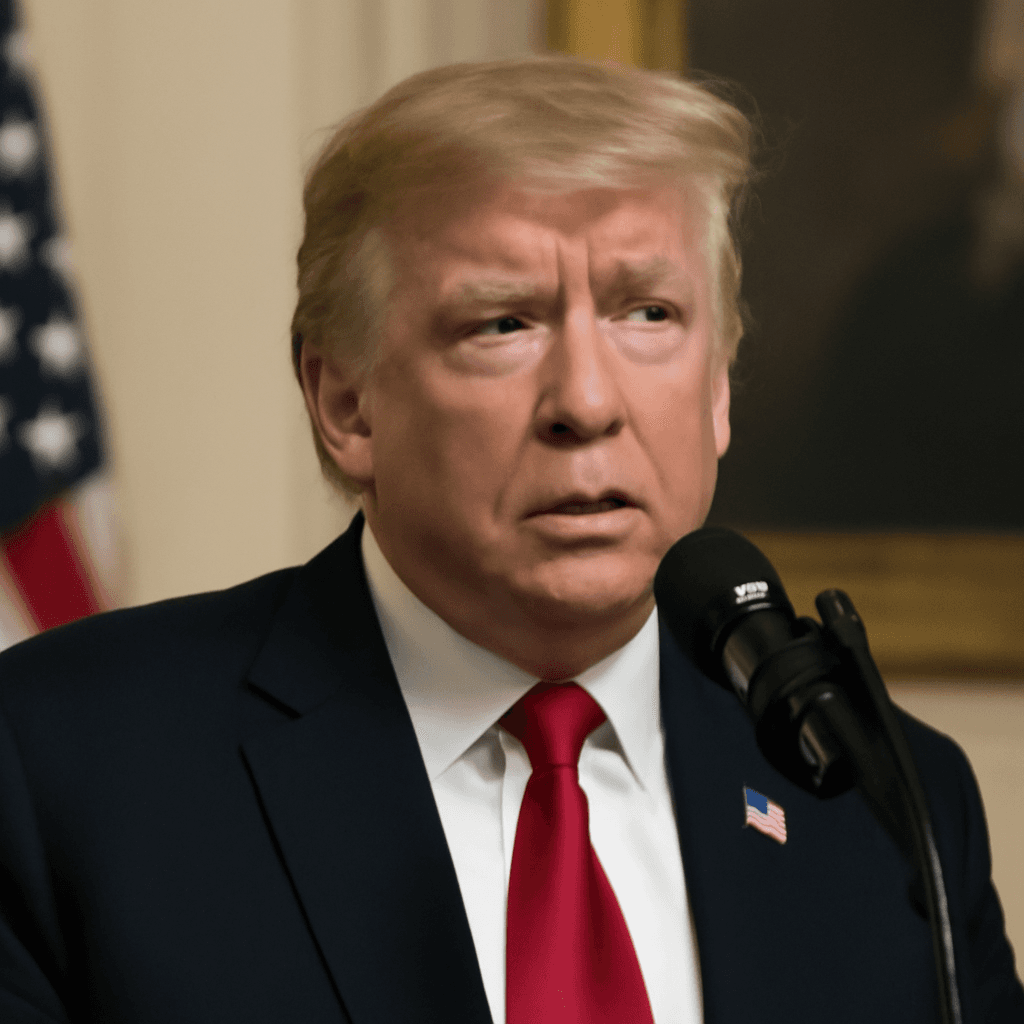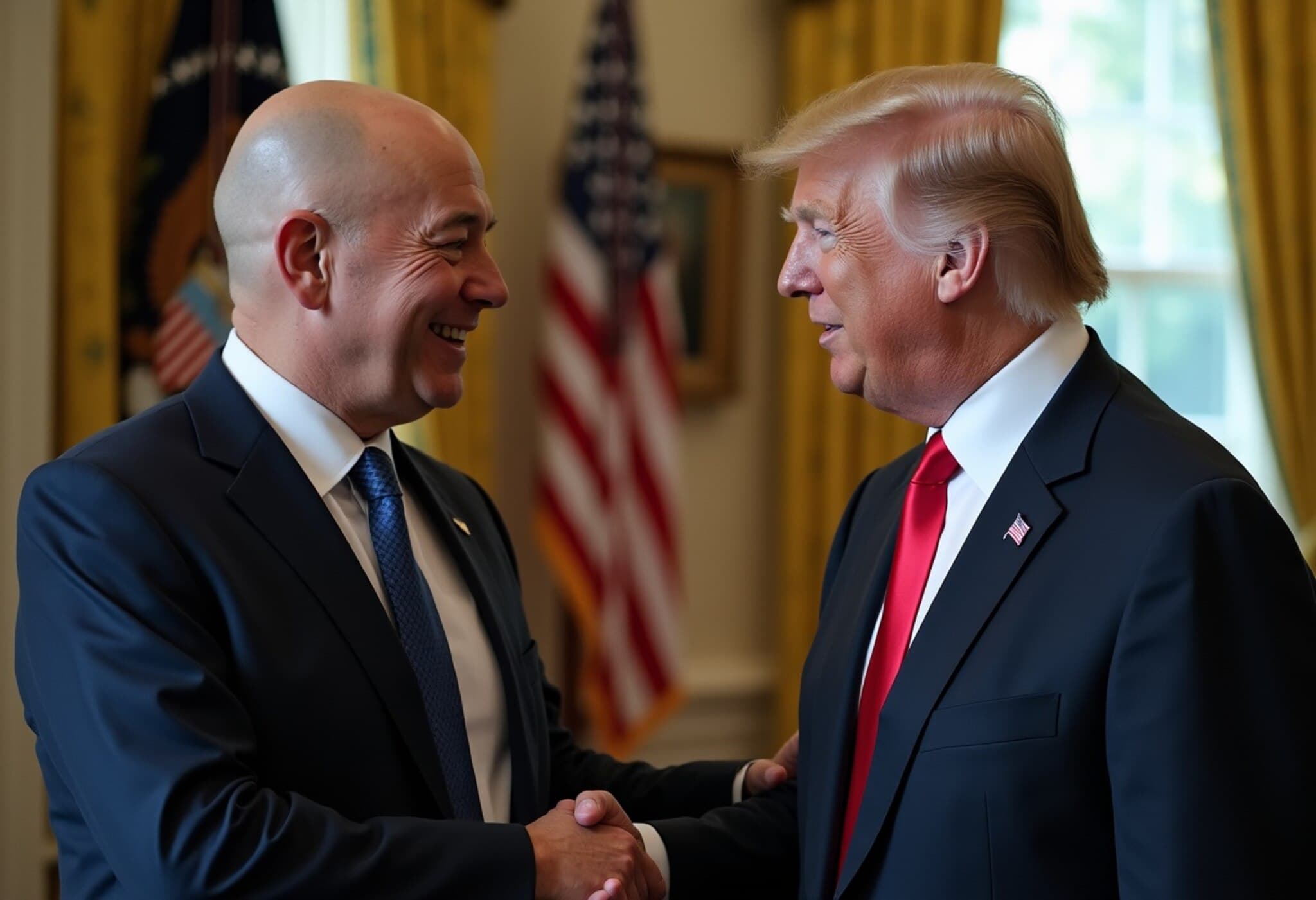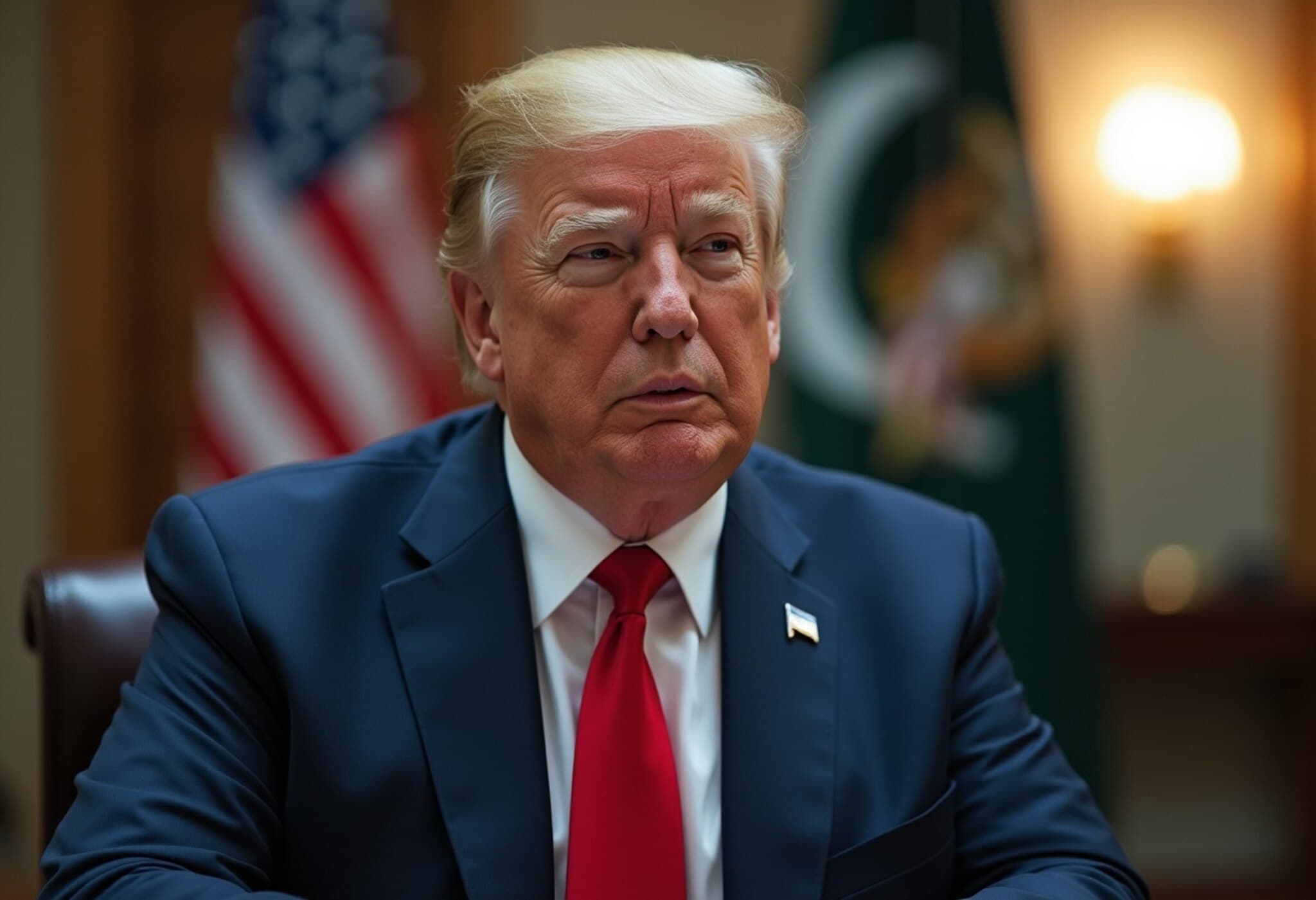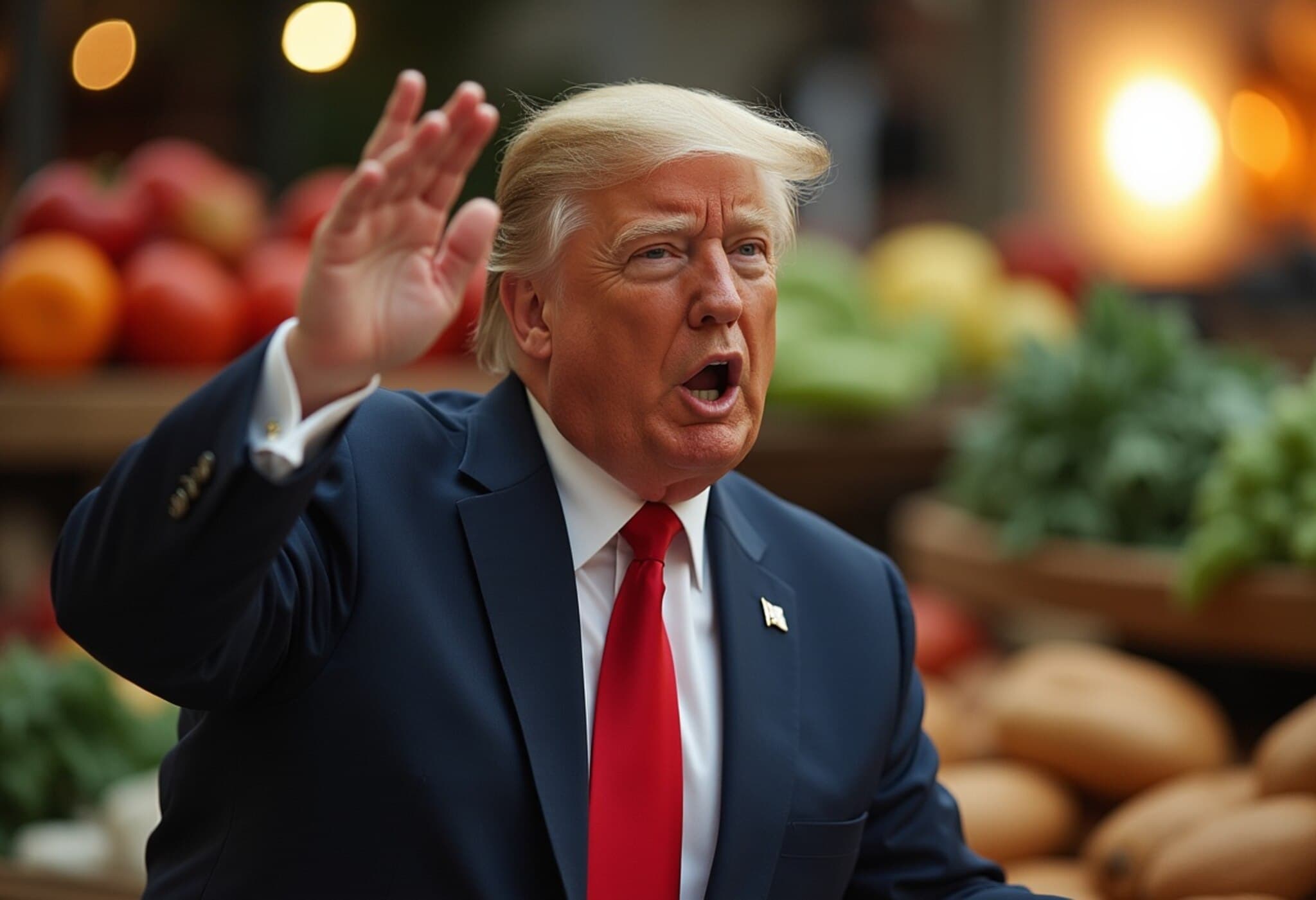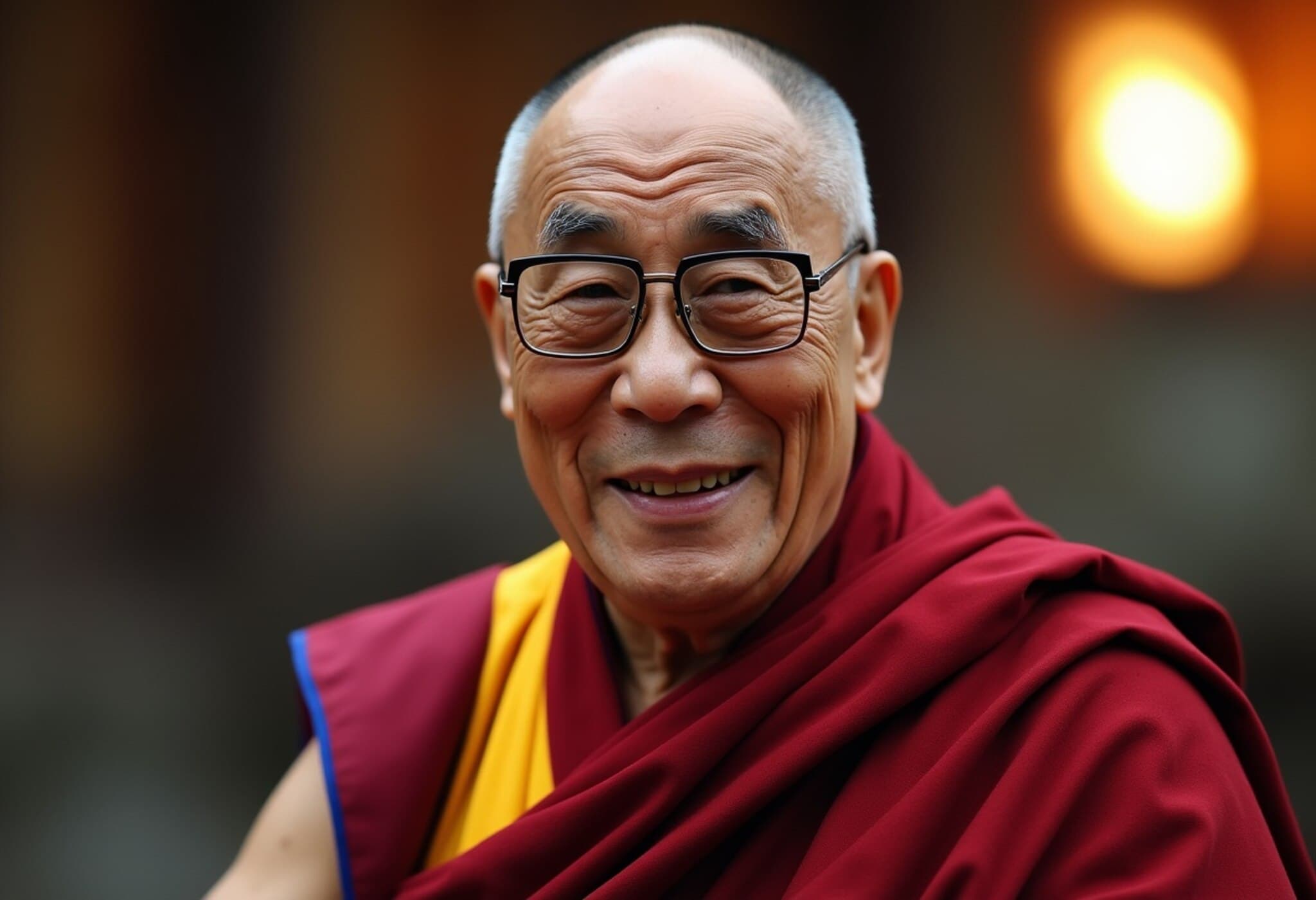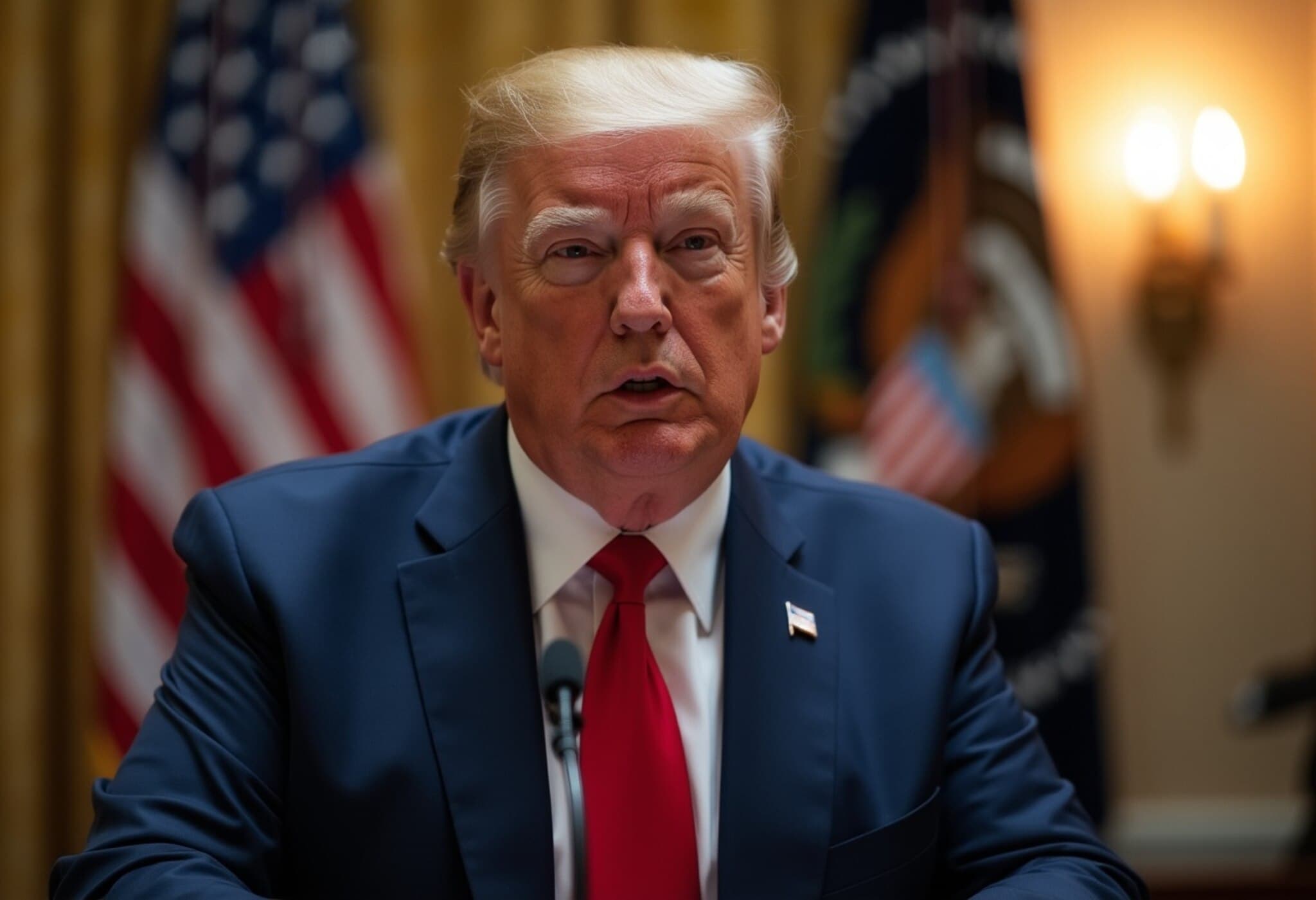Trump Hosts Pakistan Army Chief in Strategic White House Meeting
In a high-profile luncheon at the White House, former US President Donald Trump welcomed Pakistan’s Army Chief, Field Marshal Asim Munir, marking a significant diplomatic moment amid escalating tensions in the Middle East. This meeting comes as the US closely monitors Iran’s nuclear activities and Israel ramps up military offensives against Tehran.
The Iran Factor: Geopolitical Chessboard in Motion
With two US aircraft carriers—the USS Carl Vinson and USS Harry S Truman—strategically positioned in the Arabian Sea, alongside stealth bombers ready at the Diego Garcia airbase in the Indian Ocean, Washington appears poised for potential military options against Iran. President Trump, speaking ahead of the meeting, hinted at uncertainty: "I may do it, I may not do it — nobody knows what I'm going to do." However, any extended campaign would likely require land access, which Pakistan could potentially facilitate given its shared border with Iran.
Rawalpindi's Strategic Importance
Rawalpindi, home to Pakistan’s military headquarters, has unsurprisingly come into focus. Historically a vital node linking Washington’s regional policies, this luncheon underscores Pakistan’s key role amid the shifting security dynamics of South Asia and the Middle East.
Pakistan’s Army Chief Calls for Nobel Peace Prize for Trump
The White House clarified that one impetus for this meeting was Field Marshal Munir’s public call to award Trump the Nobel Peace Prize for allegedly averting a nuclear conflict between India and Pakistan last month. In response, Trump expressed admiration for Pakistan while also praising Indian Prime Minister Narendra Modi, stating, "I stopped the war between Pakistan and India."
Trump credited both Munir and Modi for their roles in de-escalation, although Indian officials have consistently disputed the US President’s claims regarding this ceasefire.
Mutual Self-Promotion Amid Global Turmoil
Both leaders leveraged the meeting to bolster their international images. Trump, positioning himself as a global peace broker, often highlights his role in complex conflicts—from the Russia-Ukraine crisis to the Israel-Gaza situation and Indo-Pak hostilities linked to terrorism in Kashmir.
Meanwhile, Asim Munir, recently elevated to Field Marshal by Pakistan’s Prime Minister Shehbaz Sharif, has embarked on a foreign tour meeting various heads of state, showcasing Pakistan’s military influence in diplomatic spheres traditionally reserved for civilian leaders.
Historical Context: Pakistan’s Military and US Relations
The tradition of Pakistan’s military leadership engaging directly with US Presidents dates back decades. Generals Zia-ul-Haq and Pervez Musharraf held similar meetings during critical periods—the Soviet-Afghan War and the post-9/11 global counterterrorism campaign respectively.
Today, the spotlight is once again on Pakistan as a pivotal player amid US-Iran tensions. China, a close ally of both Pakistan and Iran, watches the developments closely, having expressed explicit support for Iran’s leadership. Pakistan’s firm alliance with China and its staunch non-recognition of Israel introduce additional layers of complexity to this geopolitical equation.
Secrecy and Significance
Details of the Trump-Munir meeting remain under wraps, with White House officials confirming it was a closed-door session. No official statements have been released, sparking speculation about possible strategic accords or understandings reached behind closed doors.
As regional rivalries intensify and global alliances shift, this White House luncheon underscores Pakistan's enduring influence and the intricate dance of diplomacy surrounding Iran’s nuclear ambitions.

